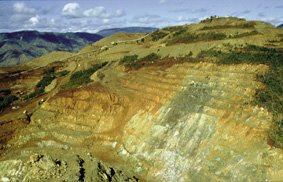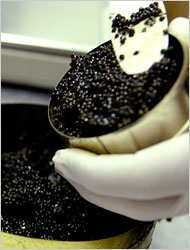
Weather forecasters warn that New York City is going to reach a heat index of 110 degrees in the next few days, worrying everyone from energy providers to subway riders. Although a few days of searing temperatures are not necessarily evidence of global warming, the final proof is in: underwear.
Much of the scientific community agrees that global warming is not only a real phenomenon, but also a threat to humans, animals, insects, fish, and habitats (just to name a few). The evidence can be seen all over the globe, including in Greenland, Antarctica, and even California.
In Napa Valley, experts warn that the wine producing region will be too hot for grape growing by 2100, according to a study conducted by scientists from the U.S. and Italy. They (the experts) also say that ski resorts could be devoid of snow by around that time, reports Vail Daily.
Sometimes it helps to have it all laid out on the line, so it's clear just how drastically things can change. We may be late bloomers when it comes to recognizing the reality of our warming earth, but now we shouldn't be afraid to air our dirty laundry and see the truths of global warming in all their shapes and colors.




